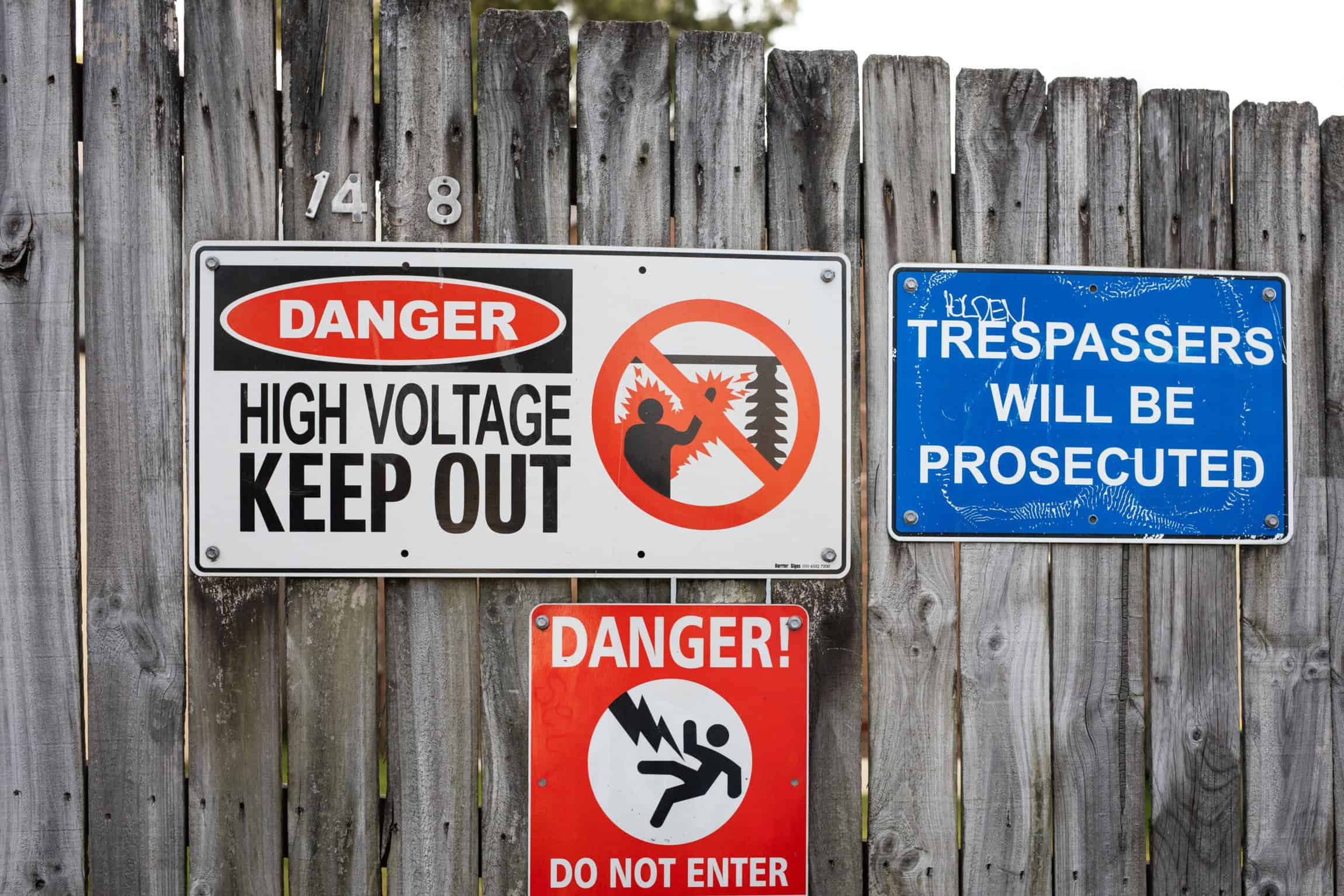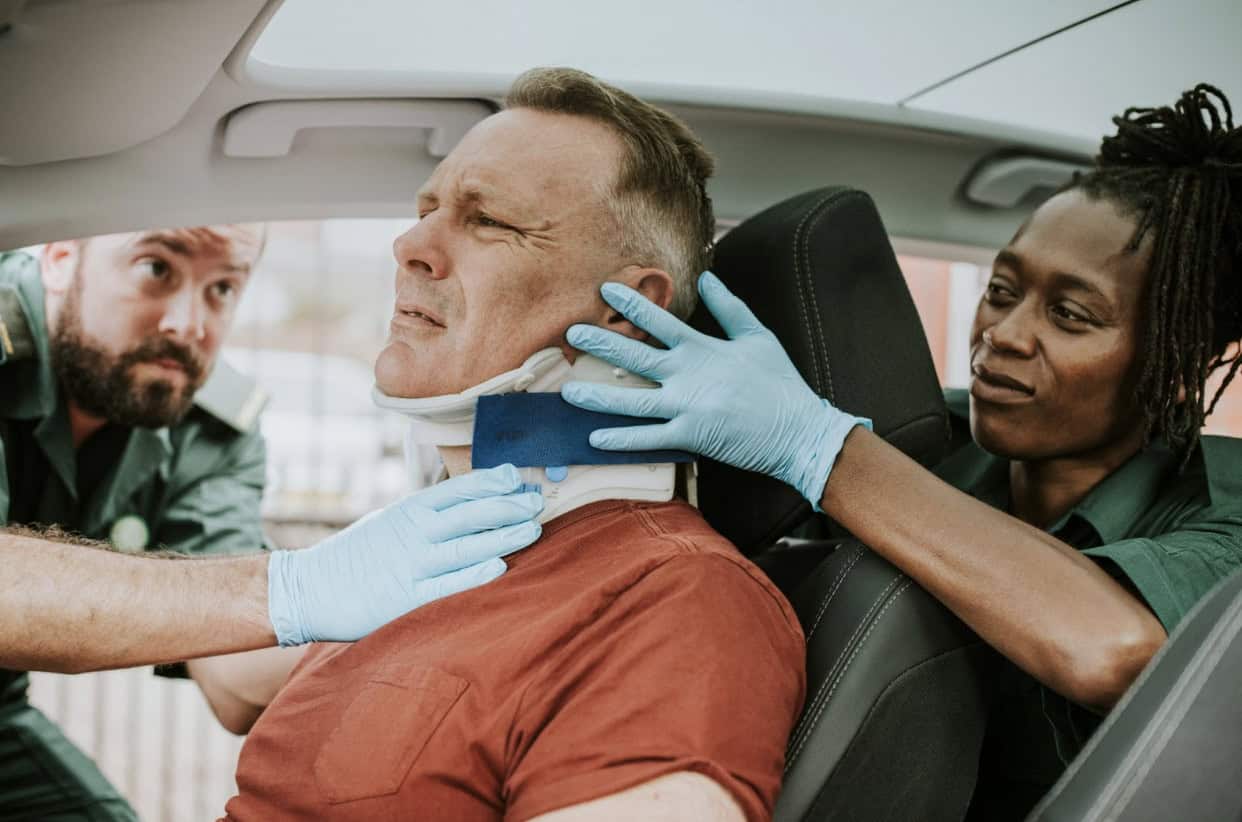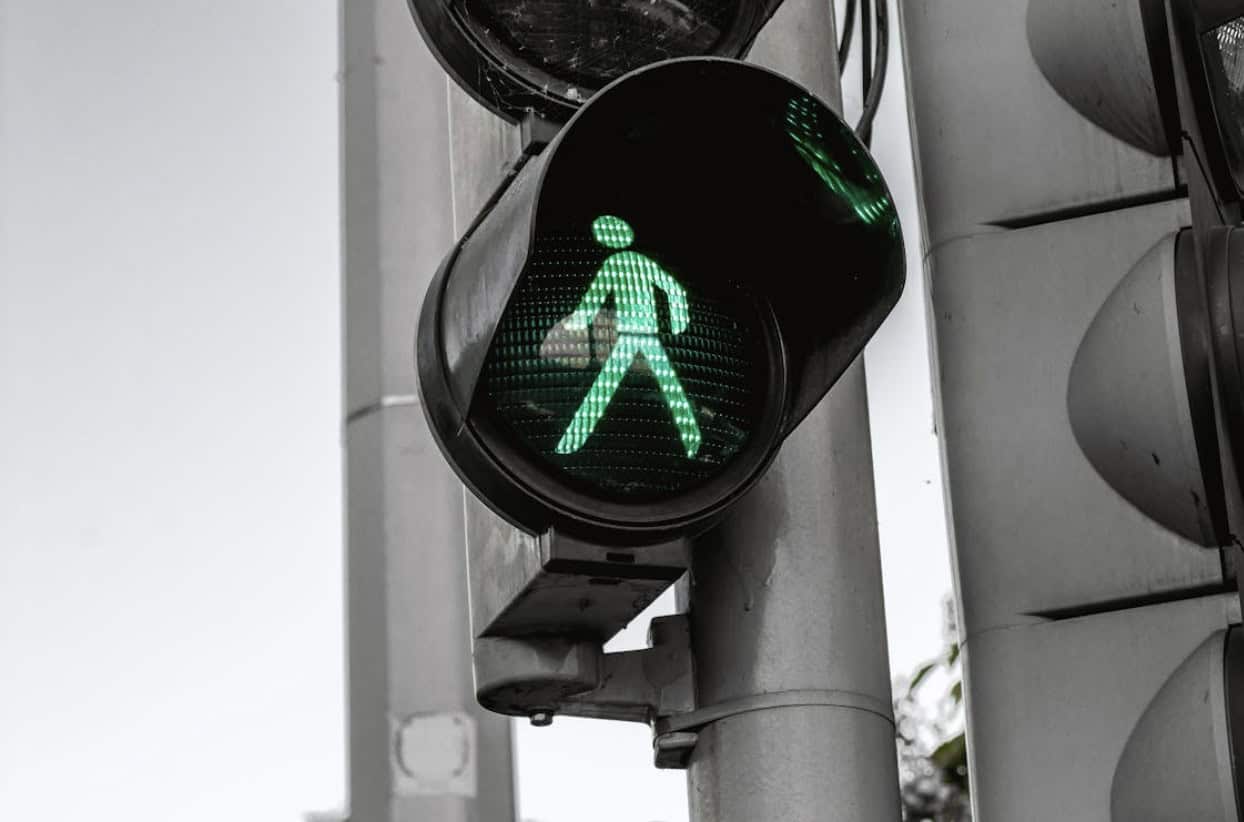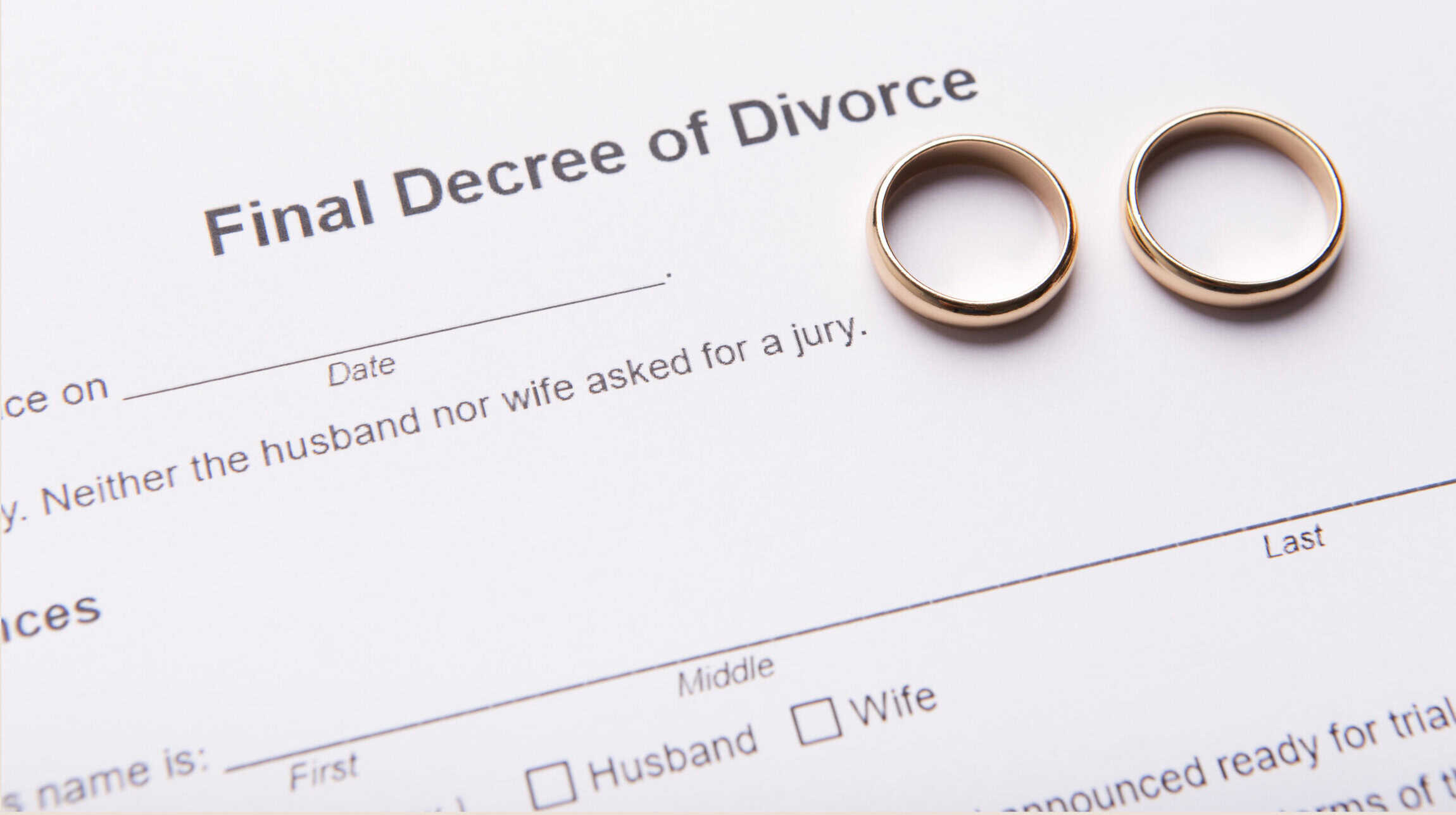In Virginia, property owners have a legal duty to ensure the safety and well-being of those who enter their premises. When they fail to address a dangerous condition, resulting in injury or harm, the injured party may have grounds to file a claim against the property owner. Understanding the different types of claims available is crucial for anyone considering legal action.
This comprehensive guide will explore the various types of claims against property owners, focusing on negligence, premises liability, nuisance, trespass, and strict liability claims.
Negligence Claims
Understanding Negligence
Negligence is a fundamental concept in personal injury law. A negligence claim arises when a property owner fails to exercise the level of care that a reasonable person would in similar circumstances, resulting in harm to another person. The essential elements of a negligence claim include:
- Duty of Care: The property owner had a legal duty to ensure the safety of the injured party.
- Breach of Duty: The property owner breached that duty through action or inaction.
- Causation: The breach directly caused the injury.
- Damages: The injured party suffered actual damages as a result.
Proving negligence is crucial in a premises liability case, as it establishes the property owner’s failure to uphold their duty of care, leading to the injury and subsequent damages.
Examples of Negligence
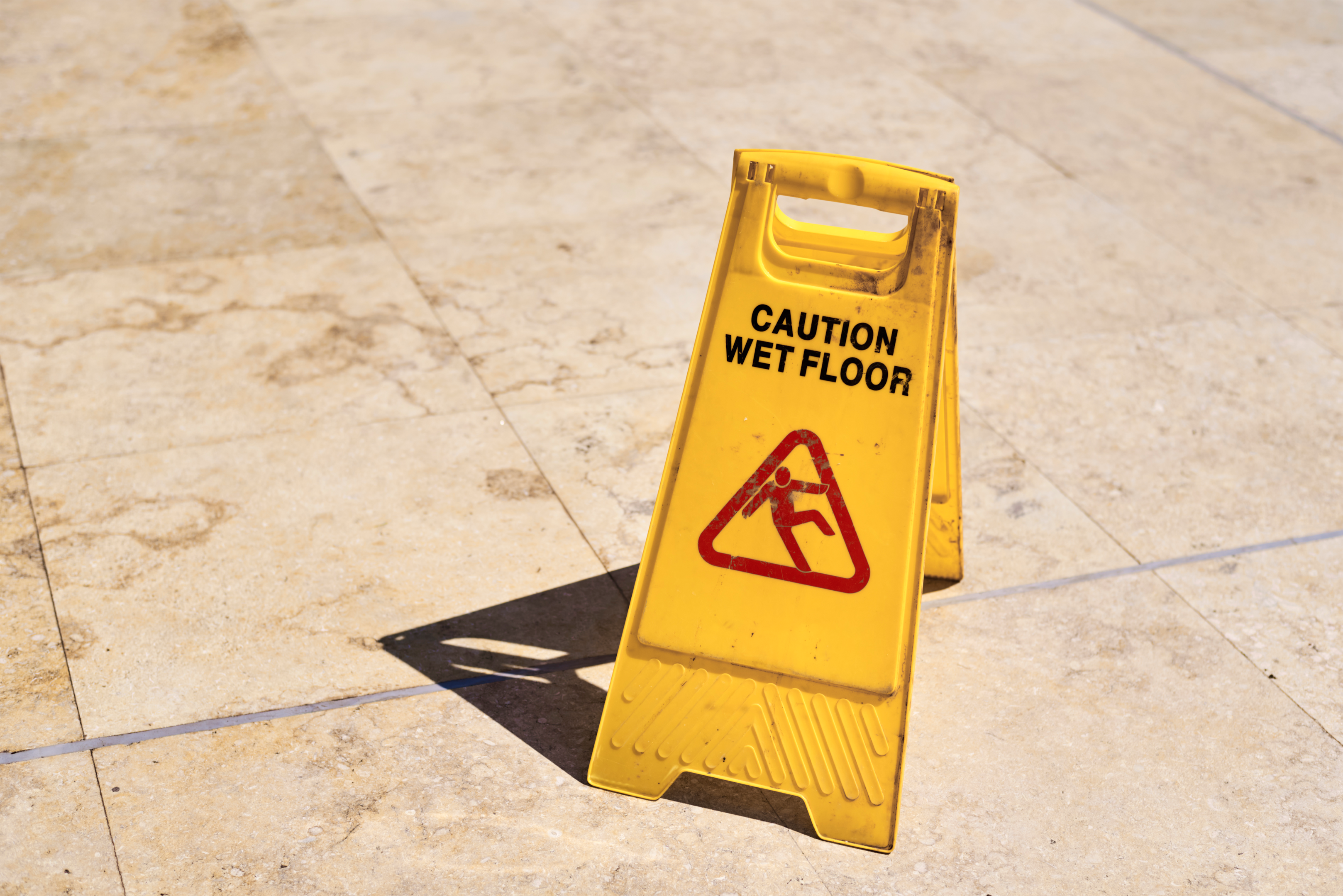
Negligence claims can arise from various situations, including:
- Slip and Fall Accidents: A common example where a property owner fails to clean up a spill or repair a broken floor, leading to a fall.
- Inadequate Maintenance: Failure to maintain the property in a safe condition, such as broken railings, faulty wiring, or poor lighting.
- Dog Bites: If a property owner knows their dog is aggressive and fails to take precautions, leading to an attack.
Proving Negligence
To prove negligence, the injured party must gather evidence such as:
- Photographs or videos of the hazardous condition
- Witness statements
- Medical records detailing the injuries
- Maintenance records showing the property owner’s neglect
Virginia Law Specifics
In Virginia, the concept of contributory negligence is particularly important. If the injured party is found to be even 1% at fault for their own injuries, they may be barred from recovering any damages. This strict standard underscores the importance of demonstrating the property owner’s full responsibility for the injury.
Premises Liability Claims
Understanding Premises Liability
Premises liability law is a specific type of negligence claim related to unsafe conditions on someone’s property, outlining the legal responsibilities of property owners towards visitors. Property owners must ensure that their premises are safe for visitors. The duty owed by the property owner varies based on the visitor’s status:
- Invitees: People invited onto the property for business purposes (e.g., customers). They are owed the highest duty of care.
- Licensees: People allowed onto the property for social purposes (e.g., guests). The property owner must warn them of known hazards.
- Trespassers: People who enter without permission. The duty owed is minimal, but property owners cannot willfully harm them.
Common Premises Liability Claims
- Slip and Fall Accidents: Resulting from wet floors, icy sidewalks, or uneven surfaces.
- Trip and Fall Accidents: Due to obstacles like loose wires, cluttered walkways, or uneven flooring.
- Swimming Pool Accidents: Drowning or injuries due to lack of barriers, supervision, or proper maintenance.
- Fires and Explosions: Caused by faulty wiring, lack of smoke detectors, or improper storage of flammable materials.
- Attractive Nuisance: Injuries to children caused by hazardous property features such as swimming pools, trampolines, or other attractive nuisances.
Proving Premises Liability
Proving a premises liability claim involves demonstrating:
- The property owner owed a duty of care to the injured person depending on their reason for being on the property.
- A dangerous condition existed on the property that the owner knew, or should have known about.
- The owner breached their duty to provide a safe premises because they did not correct the condition and/or did not warn about the dangerous condition on the property.
- The breach caused the injury.
- The injured party suffered damages.
In premises liability cases, evidence such as photographs, maintenance records, incident reports, and witness statements can be crucial.
Virginia Law Specifics
Under Virginia law, premises liability claims are subject to the doctrine of “contributory negligence.” This means that if the injured party is found to be even slightly at fault for the accident, they may be barred from recovering any compensation. Additionally, Virginia does not impose strict liability on landlords for injuries caused by defects in leased properties unless the landlord had control over the specific area where the injury occurred.
Negligence Per Se Claims
Understanding Negligence Per Se
Negligence per se claims hold the property owners responsible for violation of a codified law or regulation. Negligence per se claims in premises liability claims typically arise out of violation of building and maintenance codes that apply to commercial buildings and premises (i.e., hotels, truck stops, retail stores, etc…).
Common Negligence Per Se Situation
Drain/Trench covers: Owners of commercial properties are notorious for failing to repair or replace broken drain covers/grates. Failure to maintain grates pursuant to the Virginia Maintenance Code can result in trips and falls that can cause serious injury.
Proving Negligence Per Se
To prove a negligence per se claim, the injured party must show:
- The injured party must prove the defendant violated a statute enacted for public safety.
- The injured party must belong to the class of persons for whose benefit the statute was enacted and demonstrate that the harm that occurred was the type of harm the statute protected against.
- The statutory violation must be the proximate cause of the injury suffered.
Unlike negligence claims, you do not have to prove the defendant owed a duty of care.
Strict Liability Claims
Understanding Strict Liability
Strict liability claims hold property owners responsible for certain actions or conditions regardless of fault or negligence. In Virginia, strict liability often applies to activities that are inherently dangerous or hazardous.

Common Strict Liability Situations
- Dangerous Animals: Owners of certain animals, such as wild or exotic pets, can be held strictly liable for injuries.
- Abnormally Dangerous Activities: Activities like blasting, handling hazardous chemicals, or using explosives that pose a significant risk even with precautions.
Proving Strict Liability
To prove a strict liability claim, the injured party must show:
- The activity or condition was inherently dangerous.
- The property owner was engaged in or responsible for the activity.
- The activity or condition directly caused the injury.
Unlike negligence claims, proving fault or breach of duty is not necessary in strict liability cases.
Virginia Law Specifics
Virginia’s strict liability laws apply primarily to cases involving dangerous animals and abnormally hazardous activities. For instance, if an owner keeps a wild animal that causes injury, the owner may be held strictly liable for damages. Additionally, Virginia law stipulates that strict liability can also apply to ultrahazardous activities, such as the use of explosives or toxic chemicals, even if all possible precautions were taken.
Steps to Take After an Injury on Someone Else’s Property
If you are injured on someone else’s property, it is essential to take specific steps to protect your rights and strengthen your potential claim, including seeking medical attention, documenting your injuries and addressing any medical bills. Here are some crucial steps to consider:
Seek Medical Attention
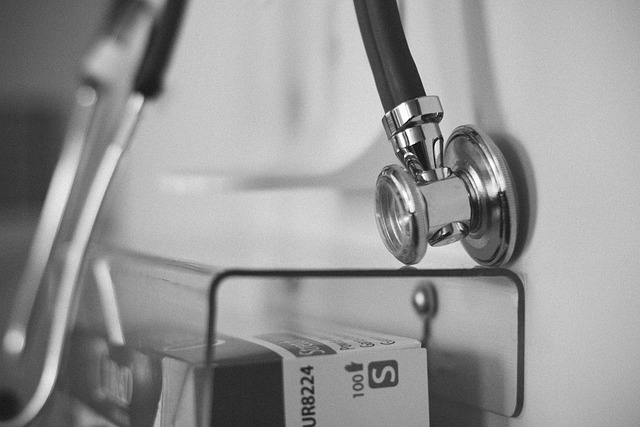
Your health and well-being should be your top priority. Seek medical attention immediately after the injury, even if it seems minor. Prompt medical treatment can prevent further complications and provide documentation of your injuries.
Report the Incident
Notify the property owner or manager about the incident as soon as possible. Request that they document the incident in writing and provide you with a copy. This report can serve as valuable evidence in your claim.
Gather Evidence
Collect evidence at the scene of the accident if possible. This can include:
- Photographs or videos of the hazardous condition
- Contact information of witnesses
- Copies of any incident reports
Preserve Records
Keep records of all medical treatments, expenses, and any communication with the property owner or their insurance company. These records can help substantiate your claim and demonstrate the extent of your damages.
Ready to make a claim? Work with a skilled Virginia Personal Injury Lawyer.
If any of the scenarios above feel familiar, and you have been injured due to a property owner’s failure to uphold their duty of care, it is crucial that you seek help from an experienced premises liability lawyer right away.
After all, not only is it crucial that they are held responsible for their action (or inaction), but filing a personal injury claim can help you gain access to the compensation you reserve. This can help facilitate a speedy recovery and reduce the impact of this incident on your life.
If you’re looking for a legal team you can trust, look no further than Renfro & Renfro.
Get in touch today for a free case consultation or to learn more about our services from a premises liability lawyer!

